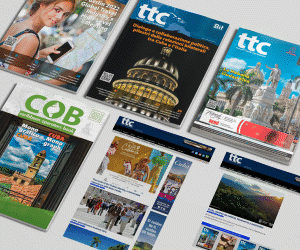TTC Special: The magical “Deep Tech” Will Soon “Control” Tourism

Photo: Pixabay/ geralt
By Frank Martin
“Deep technology” does not only encompass exploration of new worlds even beyond distant Mars. It has also gained importance in nowadays tourism.
“Deep Tech” also holds other surprises in its peculiar name: In Latin America, various pioneers are at work.
European specialists affirm that the term began to “play” in the Latin America press in Costa Rica with limited experience dedicated to innovating in the area of breast implants.
Greedy entities from the so-called “first world” have already created a company that, according to British analysis, is listed on the Nasdaq index of the New York Stock Exchange with a market valuation of US$1.8 billion.
Another term in vogue – and feared – is “artificial intelligence.” One of the first firms to use it was the Chilean NotCo when exploring the world of replacing foods of animal origin with plant-based alternatives.
World tourism, a mass enterprise in which each innovation must be very carefully thought through so that it does not cause massive ridicule, is already making progress on the issue and is trying to use increasingly profound technology that is capable of attracting “vacationists.”
In certain corners of the world the so-called “Super World Trip” is already echoing, which has begun to promote short-term trips. This is an innovation to attract short-distance travel consumers.
In this case, the initiative moves in mainland Asia stimulating tourism products in key destinations.
The creators are keeping their secrets momentarily but it is known that the new modality is an initial success.
In Thailand, for example, it reached a gross merchandise value of 40 million in the national currency and more than 20,000 room nights sold in a short period of time.
They have replicated the Okio and Hong Kong practice.
A recent analysis on the Internet recalled that since 2015 we started from scratch and increased the application of such technology. In Uruguay they had an increase of 12.3% in leisure trips and 12.7% in business trips.
Colombia applied the method for domestic transfers.
Although they label it as such, “Deep Technology” is not complicated nor does it keep complex secrets.
Specialists reveal that so-called language user interfaces are used so that they are effectively guided to detailed itinerary planning, personalized recommendations and flight and hotel reservations.
The terrible pandemic has left behind, according to studies, a strongly shared desire of millions of tourists to take global trips.
To satisfy such desires, a visible speed in connectivity and data transmission is used, which increases the agility of tourists’ decisions.
For example, the services that potential tourists want are described and available in minutes that are completely personalized and, it is said, also optimized.
All of this translates into a large amount of available information.
The facilities are not just for people enjoying free time.
The processors of this information, which can be airlines, hotels and accommodations of all types, condense the information and make it digestible for the purposes of advertising and offers.
Going forward, travel service providers have a responsibility to stay abreast of technological advances and take advantage of developments to unlock new value for customers. The Group plays a crucial role in making travel accessible and convenient for users, offering the most up-to-date and selected information to facilitate booking the perfect trip.
Such processes should change tourism so much that analysts propose other new terms including “Pursuing the perfect trip for a better world.”

MORE NEWS










